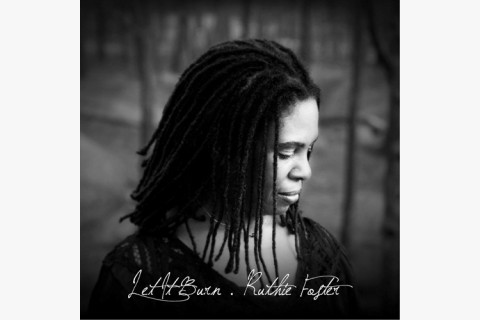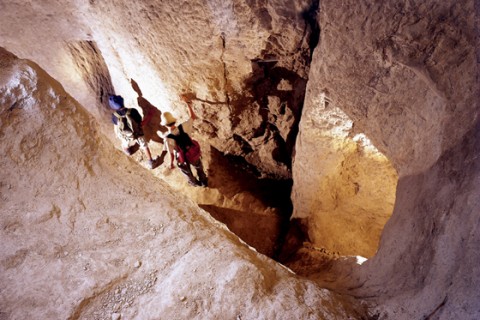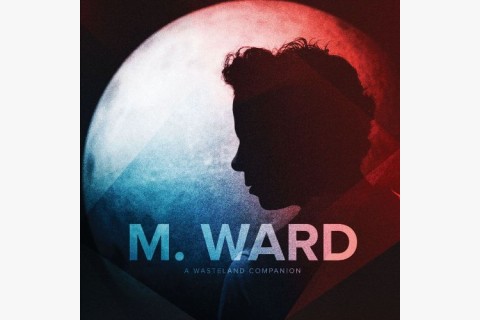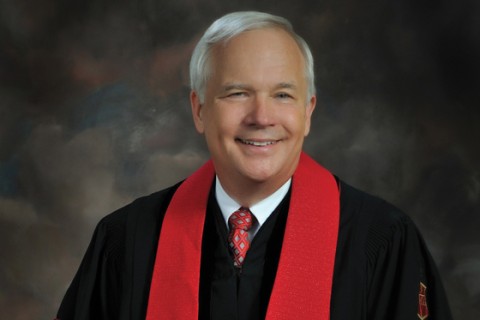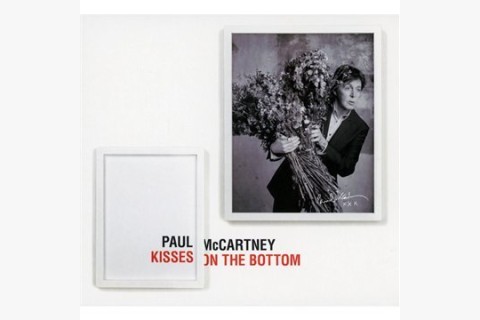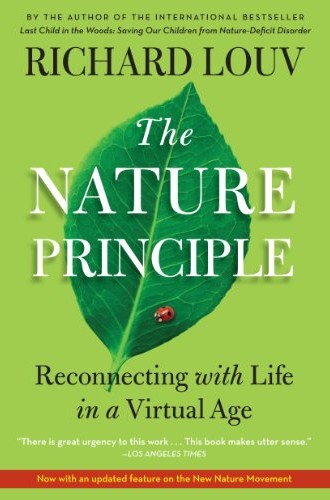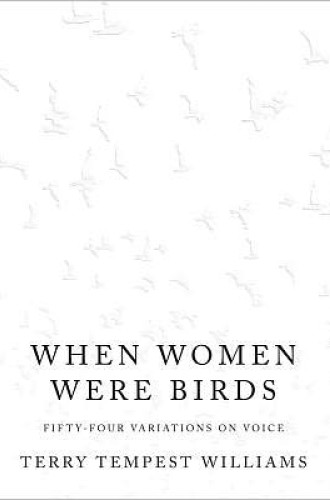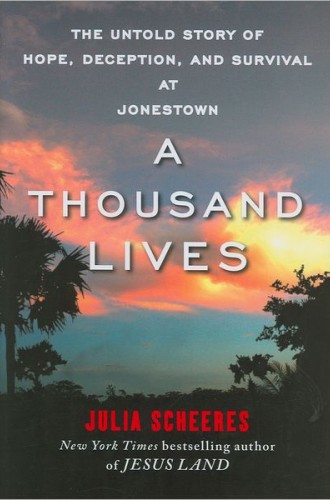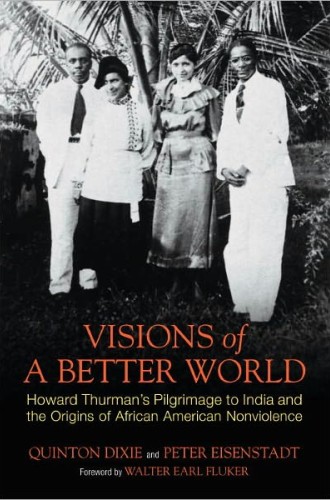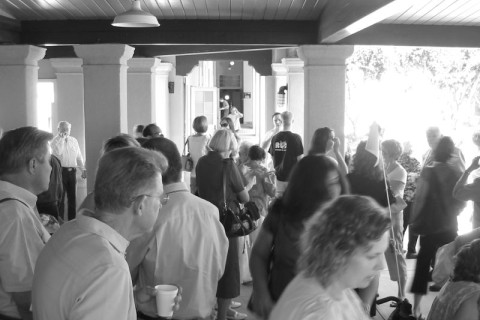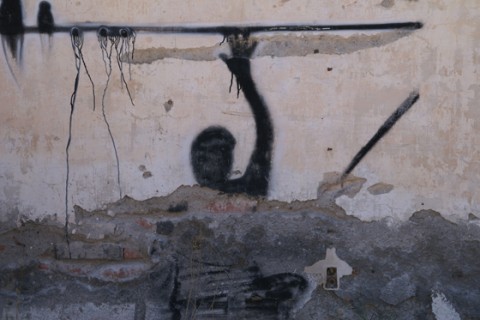Features
The buzz of life: Notes from the farm
Let It Burn, by Ruthie Foster
The great exhale: CO2 and the extinction of species
Controversial dig: The politics of Israeli archaeology
Monsieur Lazhar
The seeker next door: What drives the ‘spiritual but not religious’?
A Wasteland Companion, by M. Ward
Pull It Together, by Shannon Stephens
Eating in ignorance
Sent to serve: William Willimon on being bishop
Going Catholic? Evangelicals and birth control: Evangelicals and birth control
Bully
Kisses on the Bottom, by Paul McCartney
The first question to ask about a Paul McCartney standards album is why it took him so long. The guy’s always been fascinated by the American Songbook, and unlike some pop singers who have taken detours to the land of jazzy old tunes and swinging little combos, Sir Paul has a powerful and chameleonic voice.
Books
The Nature Principle, by Richard Louv
In Last Child in the Woods, Richard Louv sounded an alarm over the loss of outdoor experiences for children. Not only children, however, need to be outdoors.
When Women Were Birds, by Terry Tempest Williams
Terry Tempest Williams is a writer of stunning power. She is also a writer who spends pages mistaking journal entries for literature.
The lure of Jonestown
Julia Scheeres’s unsettling book reminds us that Peoples Temple could have appealed to anyone concerned about racism, sexism and poverty.
Visions of a Better World, by Quinton Dixie and Peter Eisenstadt
Quinton Dixie and Peter Eisenstadt focus on the first half of Thurman’s life, finding there not only the deep and complex roots of his mature works, but also a far-reaching influence on historical events and actors.




